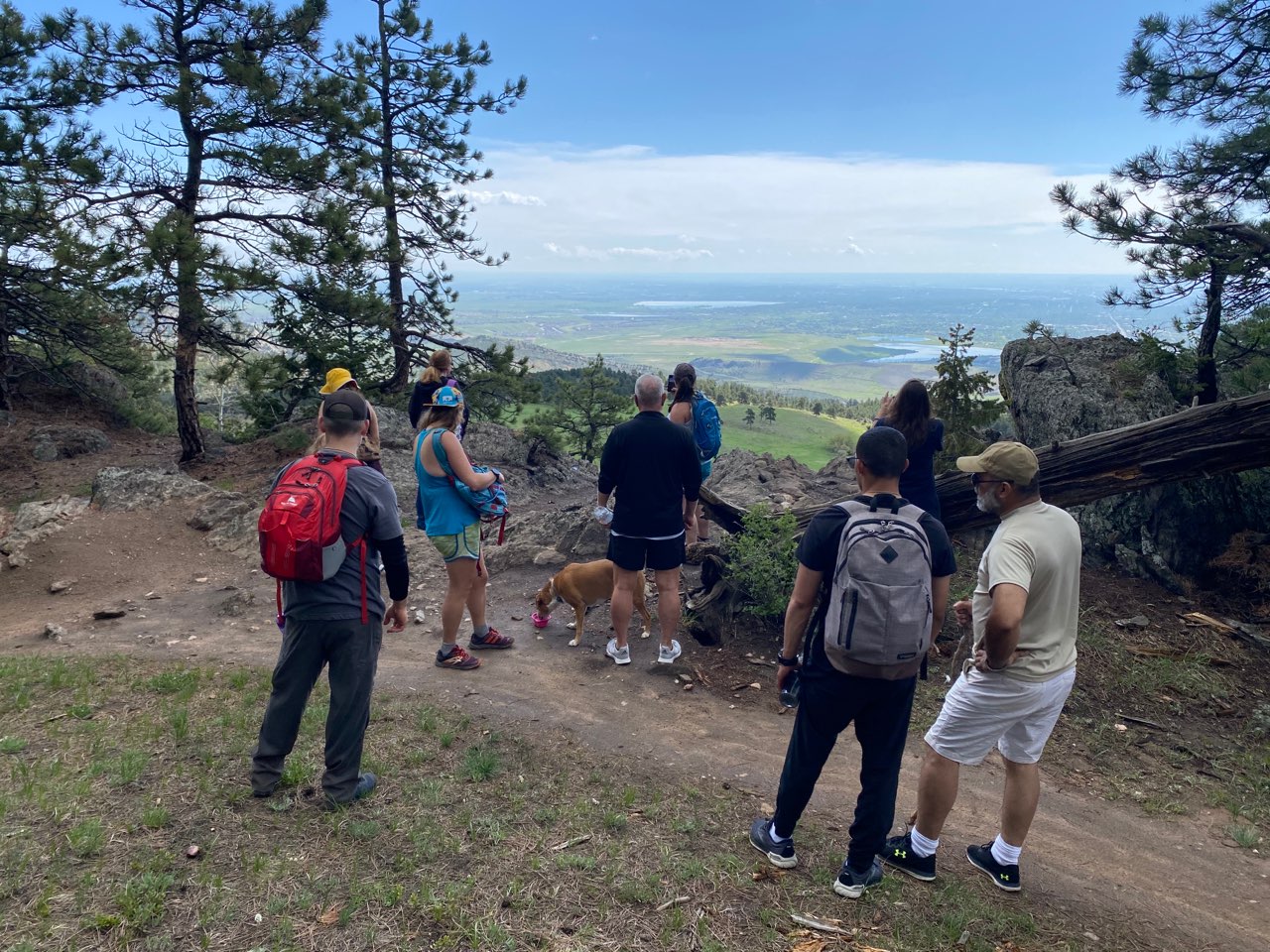When a person becomes addicted to alcohol, getting help is critical to their health and well-being. While recovery is not always easy, there are many counseling programs geared toward alcohol dependence that can help. Understanding therapy for alcohol addiction can make choosing which type of program to enter easier.
At Colorado Medication Assisted Recovery, we know how challenging it can be to stop drinking. We offer alcohol addiction treatment in Colorado that can help. Learn more by calling 833.448.0127 today.
What Constitutes Alcohol Addiction?
Alcohol-related issues have become some of the most significant public health issues in the United States. While many people might struggle with their drinking at some point in their life, that doesn’t mean they have an alcohol use disorder.
An alcohol use disorder is characterized by the following:
- The individual feels like they have to drink – Compulsive cravings mean they can’t control their consumption. The individual is unable to stop drinking once they’ve started, even though they may try.
- They can’t control how much they drink – People living with alcohol addiction might be able to limit when they drink to non-working or non-school hours, but once started, they find it hard to moderate the amount of alcohol consumed.
- They feel bad when they can’t drink – Withdrawal symptoms such as anxiety, insomnia, and depression can occur when someone stops drinking.
- They develop a tolerance – To get the same level of satisfaction, people with an alcohol use disorder may need to drink more and more.
For millions of adults, alcohol use turns into an addiction that they must overcome. Fortunately, targeted therapy has been shown to help most people that seek out help for an alcohol use disorder, with many remaining in recovery for the rest of their lives.
How Alcohol Addiction Therapy Can Help
Most therapists utilize various behavioral therapy modalities, and there are many evidence-based treatment options that have proven effective for addiction. Therapy for alcohol addiction helps change a person’s behaviors through education, analysis, planning, tool development, and exposure. These methods are used to accomplish the following:
- Education – Understanding behavior, rewards, and consequences can help clients plan and create goals toward recovery.
- Analysis – Reflecting on what caused the addictive behavior and what is currently reinforcing it can help clients avoid triggers and relapses.
- Tools – Different tools to help clients relax, center themselves, avoid challenging moments, and stay on the path to recovery are explored.
- Exposure – Impulses to use are reduced as exposure to situations related to the addiction is worked through.
Every person entering alcohol addiction treatment will benefit from a unique mix of therapies. Addiction treatment specialists conduct thorough assessments to help clients understand their cravings, symptoms, triggers, and goals so they can develop effective therapy plans.
Effective Therapies for Alcohol Addiction
Most often, a combined behavioral therapy approach is used in therapy for alcohol addiction. While 12-step programs are very popular, the focus here is on individual treatment. This can include integrated cognitive-behavioral therapy, motivational enhancement, dialectical behavior therapy, EMDR, and other techniques. Below are the most commonly used therapies for alcohol addiction that have proven effective.
Cognitive-Behavioral Therapy (CBT)
CBT is used to reduce behaviors connected to alcohol abuse. By anticipating situations that can trigger use and developing strategies that help clients cope, they can learn to avoid damaging behavior. CBT transfers to real-life situations well and is useful for alcohol use disorders.
Dialectical Behavior Therapy (DBT)
DBT helps clients regulate their feelings, develop tools to cope, and accept their situation. It helps clients deal with intrusive thoughts and overcome them. Relaxation techniques such as meditation and breathing techniques are beneficial. Using DBT reduces recovery dropout rates and is helpful for co-occurring disorders.
Eye Movement Desensitization and Reprocessing Therapy (EMDR)
When trauma is involved as one of the main reasons behind alcohol use, EMDR is especially helpful. It reduces the stress that stems from the traumatic memories and targets the symptoms of PTSD. It teaches the brain to reframe the memories as less negative so that the client can cope more effectively.
Motivational Therapy
Motivational therapy is widely used in rehab. It is based on finding the motivation to get treatment, incentives for refusing alcohol as a coping mechanism, and behavioral therapy techniques to ensure recovery. By conducting motivational interviews, doubts surrounding quitting alcohol use are reduced, and positive changes are encouraged. It is especially helpful for alcohol and nicotine addiction.
Other Methods
Other addiction therapy methods might involve yoga, meditation, art or music therapy, wellness and nutrition, contingency management, or family therapy.
Alcohol Addiction Therapy at Colorado Medication Assisted Recovery
At Colorado Medication Assisted Recovery, clients can benefit from therapists who vary their treatment approach based on both proven techniques and behavioral insights. Understanding the different ways to treat alcohol use disorder means that we are able to provide a complete recovery to clients. Options such as telehealth and outpatient are available to ensure everyone can get the help they need. Visit our website or contact us at 833.448.0127 for more information.







 For those in recovery from addiction, finding new healthy hobbies should be a priority. Addiction can cause physical and mental health issues that different activities can help participants recover from. Additionally, addiction can be isolating. Those who are
For those in recovery from addiction, finding new healthy hobbies should be a priority. Addiction can cause physical and mental health issues that different activities can help participants recover from. Additionally, addiction can be isolating. Those who are 


















